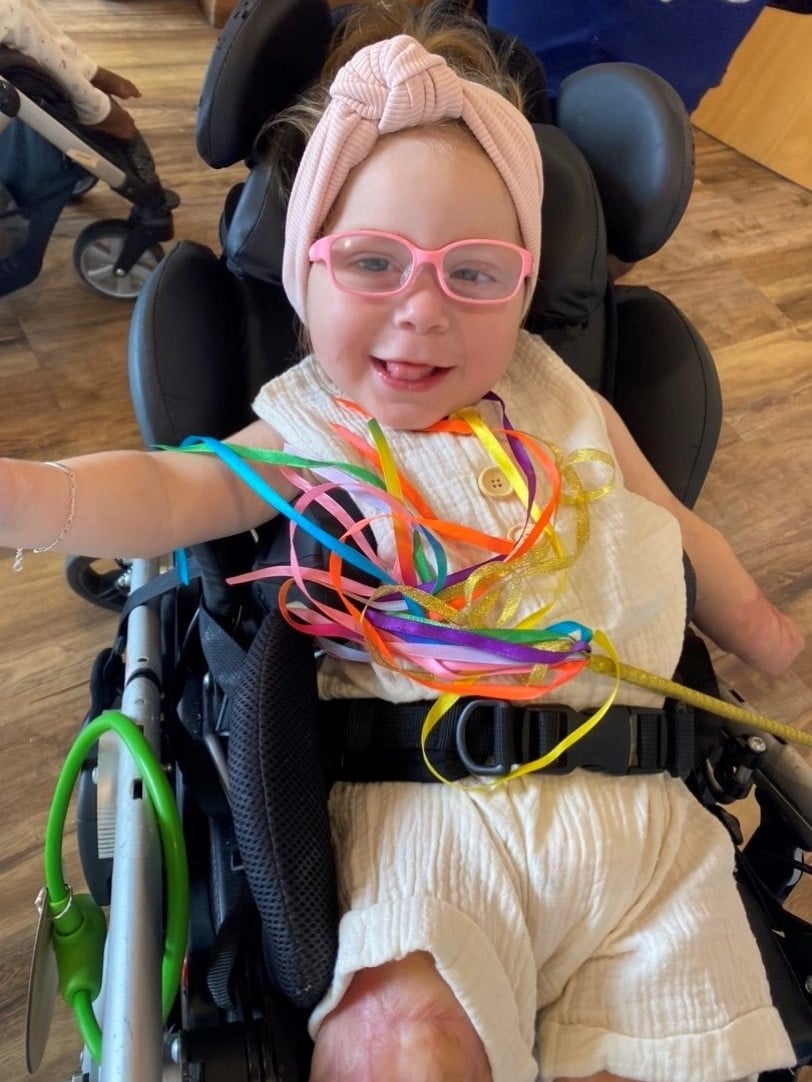Ten years of dedicated research investigating the Meningococcal ACWY vaccine paid off 20 times over in 2019, after its inclusion on the National Immunisation Program saw a significant decrease in children being diagnosed with the deadly disease.
A steep rise in cases of meningococcal disease caused by the W strain throughout 2017 sparked a wave of concern in Western Australian parents. At the time, all babies received a Meningococcal C vaccine at 12 months of age – but this didn’t protect them from the W strain of the disease responsible for many of the new cases.
Fortunately, researchers from the Vaccine Trials Group, part of the Wesfarmers Centre of Vaccines and Infectious Diseases based at the Institute, had by then spent a decade investigating the safety and effectiveness of the Men ACWY vaccine – designed to provide vital protection against the A, C, W and Y strains in a single dose.
Their results would play a critical role in guiding policy change in response to the wave – ultimately leading to the vaccine’s addition to the National Immunisation Program (NIP) for all toddlers at 12 months of age.
Professor Peter Richmond, Head of the Vaccine Trials Group, said that in addition to the July 2018 decision to add Men ACWY to the NIP, all children in Western Australia aged one to four years were given a free 'catch-up' Men ACWY vaccine throughout 2018, as well as young adults aged 15–19.
“The results speak for themselves,” Professor Richmond said. “In 2018, there were 27 cases of invasive meningococcal disease in WA caused by the W strain of the disease.
“In 2019 there were just seven cases – and only one of these cases was a child under five years of age. Thanks to the new vaccination program, 20 people didn’t have to face the life-threatening consequences of meningococcal disease – without doubt a fantastic outcome and well worth the years of hard work and effort it took to get to this point.”
Life-changing diagnosis for little Tahlea

Chelsea Perrin would love to be one of the lucky ones who will never know the heartbreak of a meningococcal disease diagnosis. She was told to say good-bye to her daughter Tahlea, after the six-month-old was rushed to hospital in October 2018 and given a slim chance of survival.
“Tahlea made it through the first critical 48 hours but spent three weeks in the ICU, followed by 162 days on the general ward,” Chelsea said.
“I was completely unaware of how dreadful the effects of the disease would be on her little body, and she underwent sedation every day for all the operations, skin grafts and dressing changes required.
“Tahlea’s fight against meningococcal W has left her with amputated fingers and toes, scarring to 80 per cent of her body, and a brain injury that means she is unable to talk, walk or swallow on her own.”
The Geraldton family has been forced to relocate to Perth permanently to manage Tahlea’s ongoing medical support, but has chosen to focus on the positives and to use their experience to raise awareness of meningococcal disease and the importance of vaccination.
“I would like to say a massive thank you to the doctors and researchers who have made sure all babies have access to the Men ACWY vaccine – this will have a life-changing impact and save many lives,” Chelsea said.
“Knowing that 20 families will be spared the pain that we have gone through thanks to this research is bittersweet and I’d love to see the number of cases drop down to zero in the future.”

